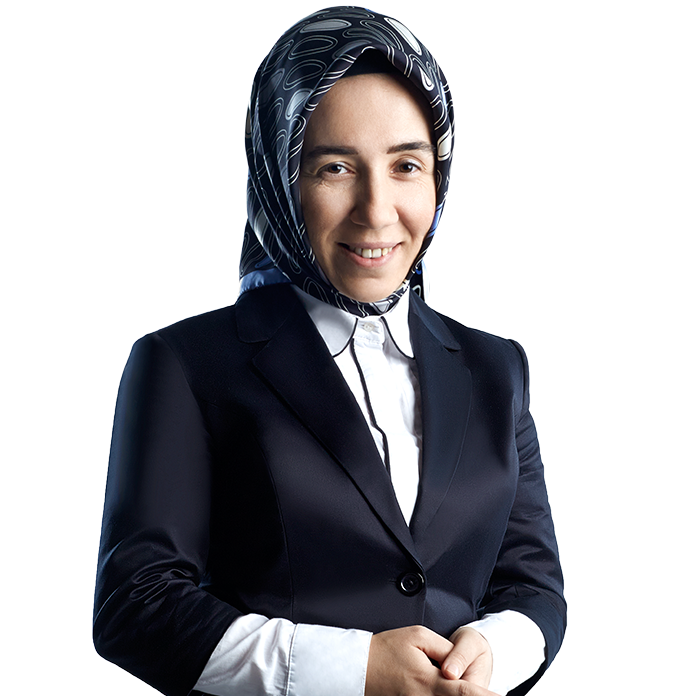I am writing this article in the scorching heat of the Gulf. The route of President Recep Tayyip Erdoğan’s visit, which commenced on Sunday started with Saudi Arabia followed by Kuwait and then Qatar. The main agenda, as it is known, is the Qatar crisis. The crisis in question has been ongoing since the beginning of June 2017. As for Turkey, it continues to play a constructive role in this meaningful but hard to explain cold, because there is no good in neither the way Qatar is treated nor the tension the region has put itself into.
Looking at the process that has been continuing for more than a month and a half from the viewpoint of Qatar; although there has been trouble in certain products, primarily food, after the blockade on goods, borders and roads, we saw that efforts were made to meet needs through alternative markets like Turkey and Iran. The first thing which comes to mind in the export wing, is, naturally, liquefied natural gas (LNG), which is the country’s major income source. Looking at the statements made, for now, Qatar does not seem too effected from the blockade on LNG export. Hence, while sales are largely made through Asia and Europe, for now, these markets do not seem exhausted as there is no problem in neither the long term of contracts nor the relevant lines. For example, in terms of the region, exchange with the United Arab Emirates (UAE), which makes profound LNG imports from Qatar, is ongoing. In addition to this, it is obvious that there are other serious problems in certain prominent industries in Qatar’s economy such as tourism and airlines. Also, while the finance industry is carefully watching the state of the Arabs’ money who treat the country like a stepchild, it should be noted that helium export is another branch that has been in trouble for a while now due to the land line blockade.
It is apparent how prosperous a country Qatar is. With over $66,000 income per capita, it is at the top of the world in wealth. Shifting from an energy/commodity focused economy to a diverse structure, which is among the country’s latest goals, has significance for the future. As a matter of fact, it could be said the importance of the matter has come to light once more with this crisis.
Meanwhile, the Middle East’s crises do not seem to end. Masjid al-Aqsa, which is another item on President Erdoğan’s agenda, is in need of urgent international attention and solidarity.




















